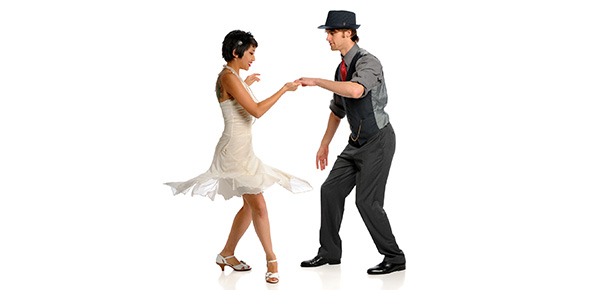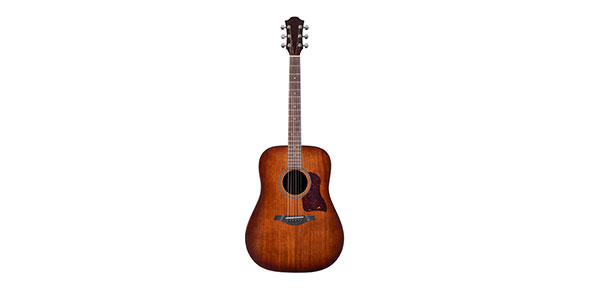Related Flashcards
Cards In This Set
| Front | Back |
|
List the 5 stages of negotiation
|
PreparationOrientation and positioningArgumentationEmergence and CrisisAgreement or final breakdown
|
|
List the 6 qualities that differentiate lawyers
|
Esoteric knowledgeSpecial Authoritydistinguishing qualitiesPowers limited to certain times and placesClient confidentiality and safetyStewardship
|
|
How do cooperative attorneys move in relation to their opponents?
|
Psychologically towards them
|
|
List 2 advantages of the cooperative style
|
It produces a more fair and efficient solution
It results in fewer breakdowns |
|
List a major disadvantage of the cooperative style
|
It is vulnerable to exploitation
|
|
How can a cooperative attorney limit his exposure to exploitation
|
He can move slowly at first
|
|
What is the primary concern of a competitive agressive attorney?
|
Maximizing settlement values
|
|
What percentage of cases did Ineffective competitive negotiators take to trial?
|
64%
|
|
Whats the third and seldom mentioned type of negotiator?
|
The competitive / problem solver
|
|
What type of negotiator psychologically moves through the stages faster?
|
The cooperative / problem-solver
|
|
When do the most important bargaining interactions take place?
|
Before the parties begin serious discussions
|
|
List the three critical issues that must be determined in preparation stage.
|
What should be the opening position and how can they logicall defend it?
What is the other side's aspirations with respect to each issue? What is the bottom line? |
|
List the three strategies that can be used to frame an opening position
|
Maximalist strategyEquitable strategyIntegrative strategy
|
|
Which type of positioning is considered to be the most economical and efficient method of conflict resolution?
|
The equitable approach
|
|
What aspect of stage two takes up more time then all of the other stages combined?
|
Establishing the illusion that both sides are inalterably committed to their opening positions
|






